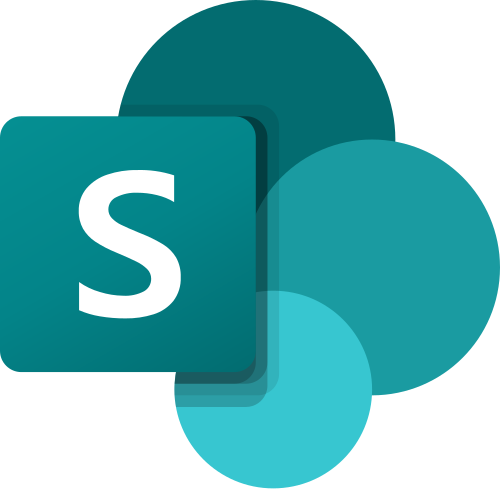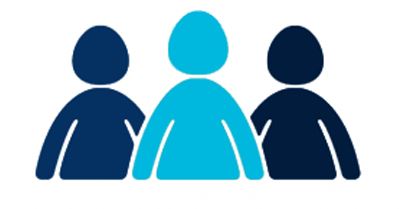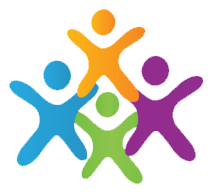English Language
In English Language we explore how language is woven into every aspect of our lives.
Building on the GCSE skills that make you a highly confident reader and writer, you will delve deeper into exactly how and why our language varies according to different contexts. You will investigate the earliest roots of English, the ways in which we develop language as individuals, and the ways in which language shapes how we perceive the world.
POSSIBLE CAREER PATHS:
- Advertising
- Copywriting
- Education
- Law
- Marketing
- Public Relations
- And much more!
In the process, you will read widely and critically; you will write and debate with precision and flair. Language is evolving constantly. So, the more you study it, the more exciting new territory you will discover.
Course content
Paper 1: Language, the Individual and Society (40%)
This component focuses on how language shapes – and is shaped by – individual identity and social interaction. You’ll analyse a wide range of texts, both spoken and written, exploring how language is used to construct representations of people, events and ideas. A key part of this paper is children’s language development, where you’ll investigate how children learn to speak, read and write. You’ll develop precise analytical skills as you examine real-world data, and build a strong understanding of how context influences language use.
Paper 2: Language Diversity and Change (40%)
Paper 2 explores the rich variety of English: how it varies across regions, social groups and time. You'll examine topics like language and gender, social attitudes to dialects, the impact of technology on communication, and how English has changed through history. You’ll also hone your ability to evaluate competing views about language use and craft your own informed, engaging argument in the form of an opinion article.
NEA: (20%)
The NEA is your opportunity to pursue your own linguistic interests through independent research. You’ll carry out a detailed language investigation (10%) on a suitable topic of your choice – from the language of social media or advertising to political rhetoric or gendered speech patterns. Alongside this, you’ll create a piece of original writing (10%) in a genre of your choice (fiction or non-fiction), accompanied by a reflective commentary explaining your linguistic decisions.






